Warith El-Embeya Institute for Preachers has opened a course for foreign students during the month of Ramadhan.
A group of 25 foreign students from Ivory Coast, Nigeria, Tanzania, and Senegal have begun attending the course to advance their knowledge and educational level.
The lessons taught during the course are: Quran recitation, Quran interpretation, Islamic beliefs, jurisprudence, and a brief biography of the Ahlul-Bayet (Peace Be Upon Them).
Within the course, the students are taken to make a pilgrimage to the holy shrines of Ahlul-Bayet (Peace Be Upon Them) in order to study them.
Mohammed Hasan, student, said, “We are so happy to be in Iraq. We are proselytes, we have come to Iraq to study because there are so many things we need to learn that are unavailable in Nigeria.”
Mohammed Hasan requested to deliver a message to the Shia Muslim Supreme Religious Authority sayyid Ali Es-Sistani, saying: “We are a group of people from Nigeria, we greatly appreciate sayyid Es-Sistani for granting us this great opportunity to learn and teach others what we learn.”
He said further that the head of the institute helped him meet with the representative of sayyid Es-Sitani, his eminence sheikh Abdul-Mehdi El-Kerbela’e who helped the students and solved their issues.
They also said they, as a custom in their country, call the person of supreme knowledge and morals “Oka Kita Kita,” which is another way of mentioning the person they respect without mentioning his name, which is a traditional sign of expressing appreciation and respectfulness.
Jemal Hasan, student from Tanzania, said there are 5 religions approximately 40 million people are subscribed to in Tanzania. He added that he would preach to his people when he is finished with his religious studies, and would tell them about the hospitality and generosity the Imam Hussein Holy Shrine has shown him.
By: Mohsin El-Hulo
Translated by: Mohammed Alobaidi








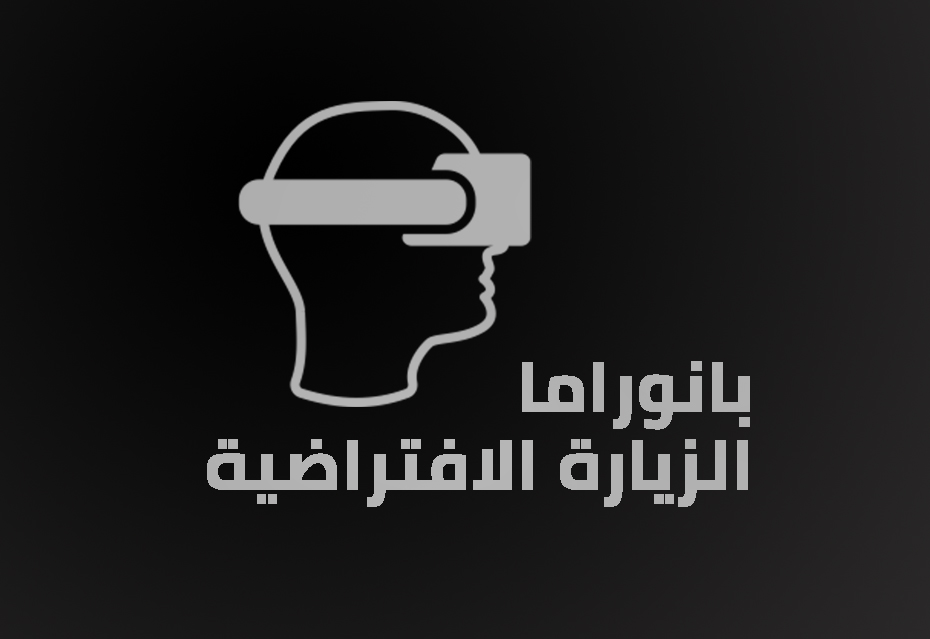
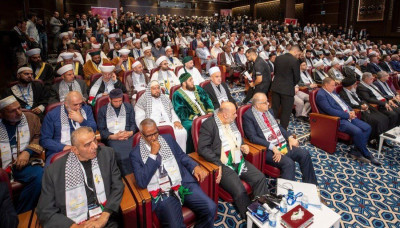
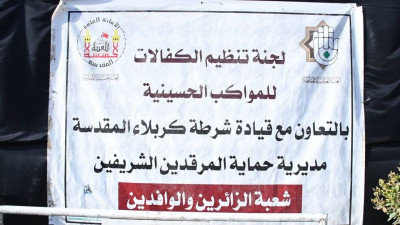
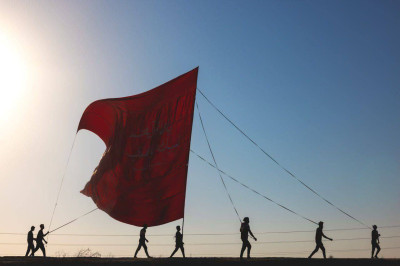
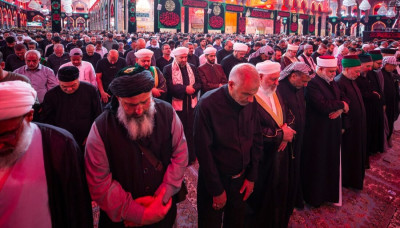
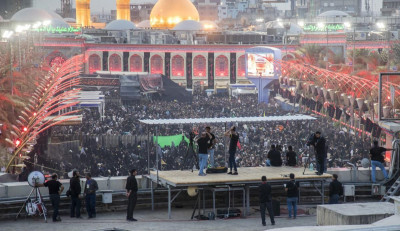
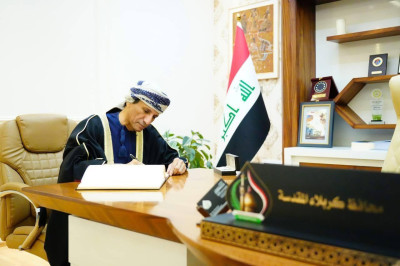



اترك تعليق